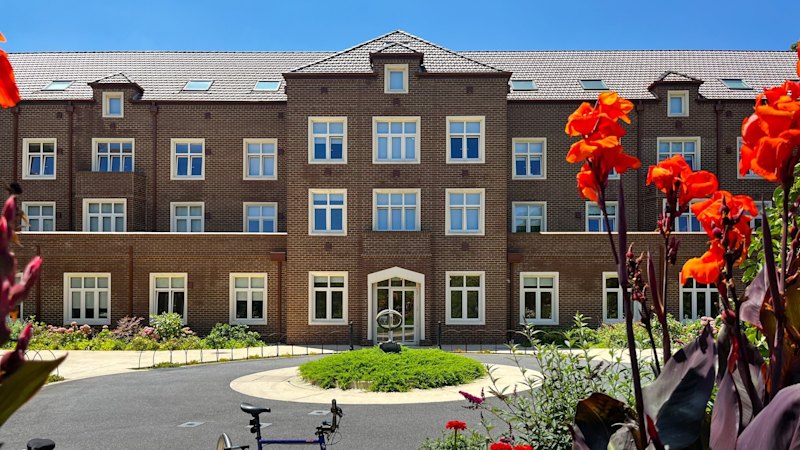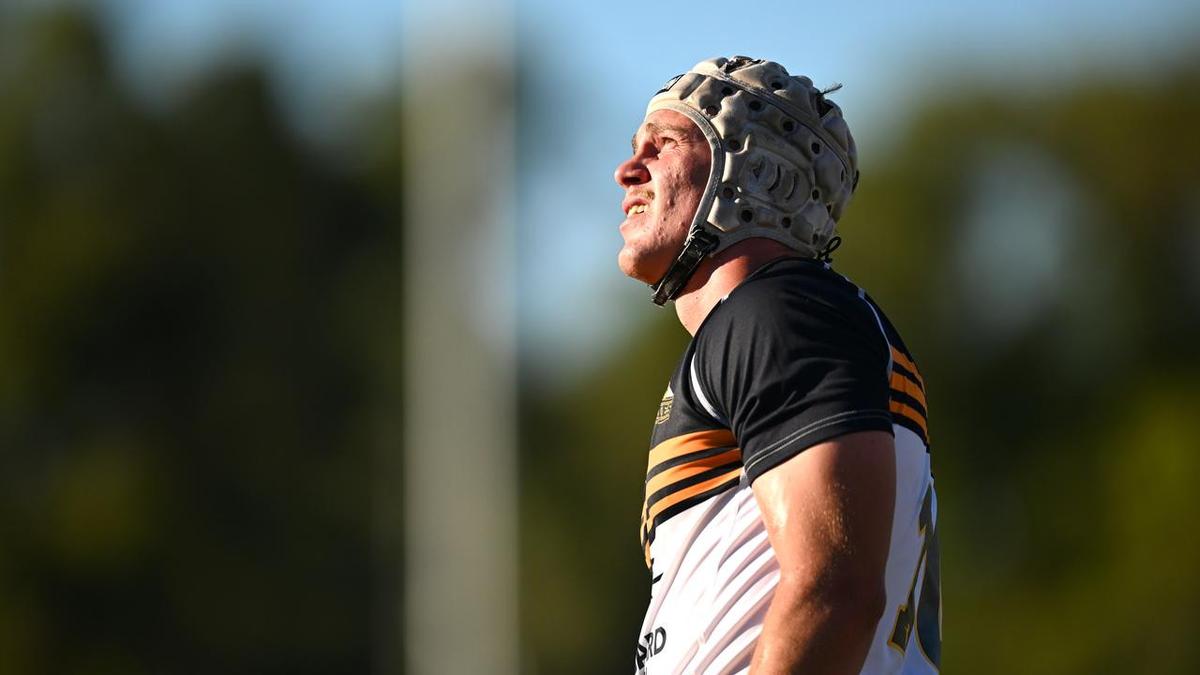
UPDATE: A manager at the prestigious University College in Melbourne has filed a lawsuit in the Federal Court, alleging she was frozen out and demoted after requesting to work from home. Kelly Reed, the college’s commercial manager, claims her mental and physical health deteriorated due to her employer’s actions following her request for a flexible work arrangement last year.
This case is particularly significant as it unfolds just as the state Labor government plans to grant workers the legally enforceable right to work remotely up to two days per week, marking a pivotal shift in workplace rights in Australia. Reed’s allegations highlight the ongoing and contentious debate surrounding remote work policies that are becoming increasingly relevant to employees nationwide.
Reed is suing the college, alongside Jennifer McDonald, the college head, and Lisa Williams, the governing council chair, for multiple alleged breaches of the Fair Work Act. She contends that after her request for a working-from-home arrangement was denied, her bosses made her job increasingly difficult, demoted her, and stripped her of critical responsibilities. Reed’s appeal to the Fair Work Commission for a trial arrangement, which was agreed upon for six months, was met with adverse actions from the college, according to court documents.
The situation escalated in August 2024 when Reed formally requested to work primarily from home to better manage her health issues but still intended to attend essential meetings. Following this request, she alleges that the college began a series of retaliatory actions against her, including unnecessary in-person meetings in Parkville and a lack of technical support for her remote work.
Reed, currently on sick leave, reports that she was effectively demoted when a new deputy head of college was placed above her, further diminishing her role. Her legal team argues that the college’s actions have led to significant emotional distress, medical expenses, and reputational damage. They are seeking damages for lost earnings and future earning potential.
The college has denied any wrongdoing and lodged a defense with the court. Both McDonald and Williams have invoked “civil penalty privilege,” which protects them from testifying in a way that could expose them to penalties.
Reed’s case underscores the urgent need for clarity in workplace policies regarding remote work, particularly as more employees seek flexible arrangements post-pandemic. As the mediation process continues, the outcome of this case could set a significant precedent for workers’ rights across Australia.
This developing story is set against a backdrop of increasing tension between traditional workplace norms and modern work-life balance demands. Stay tuned for updates as this case unfolds, impacting not just Reed but potentially thousands of workers advocating for their right to flexible work arrangements.






